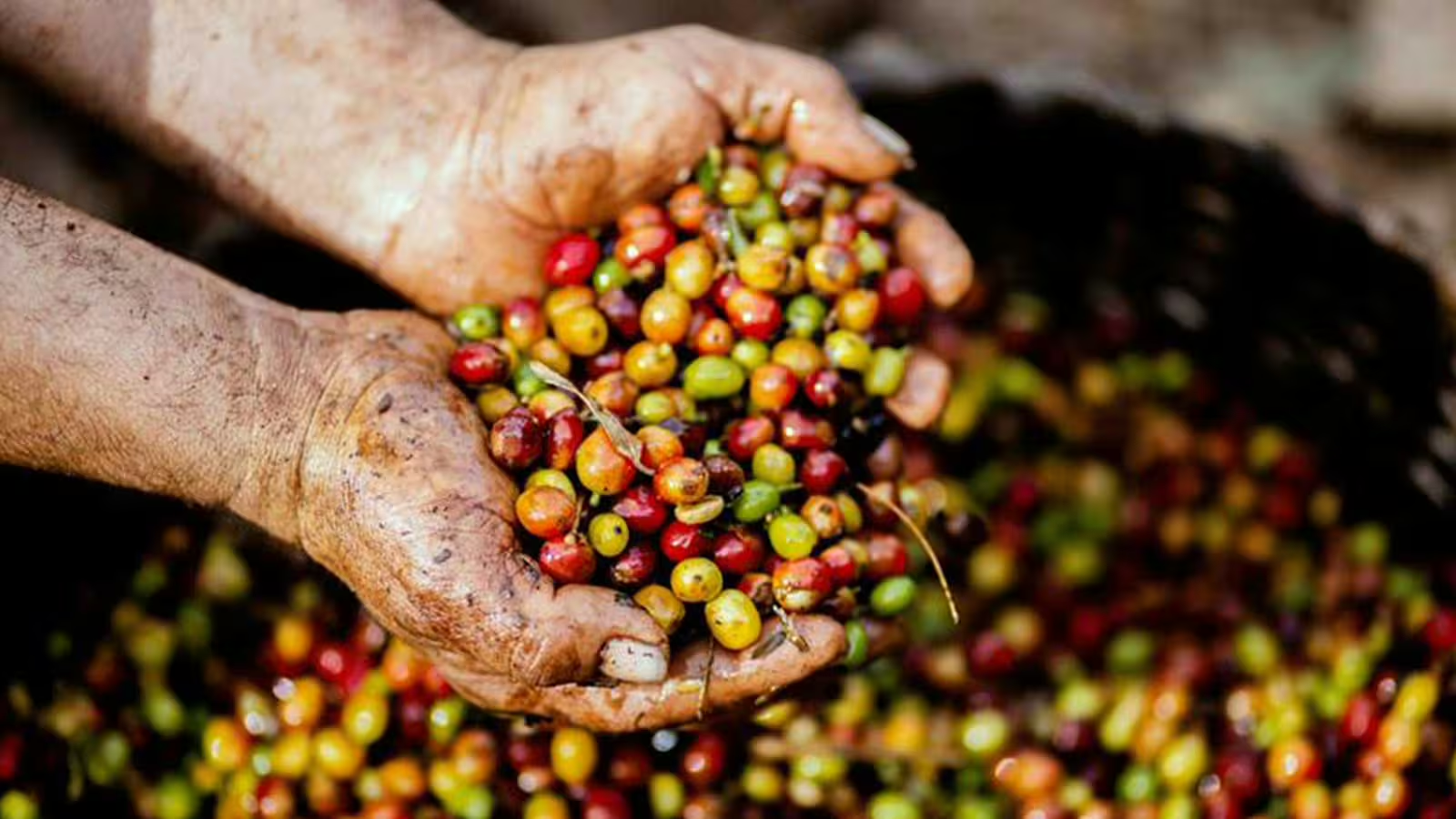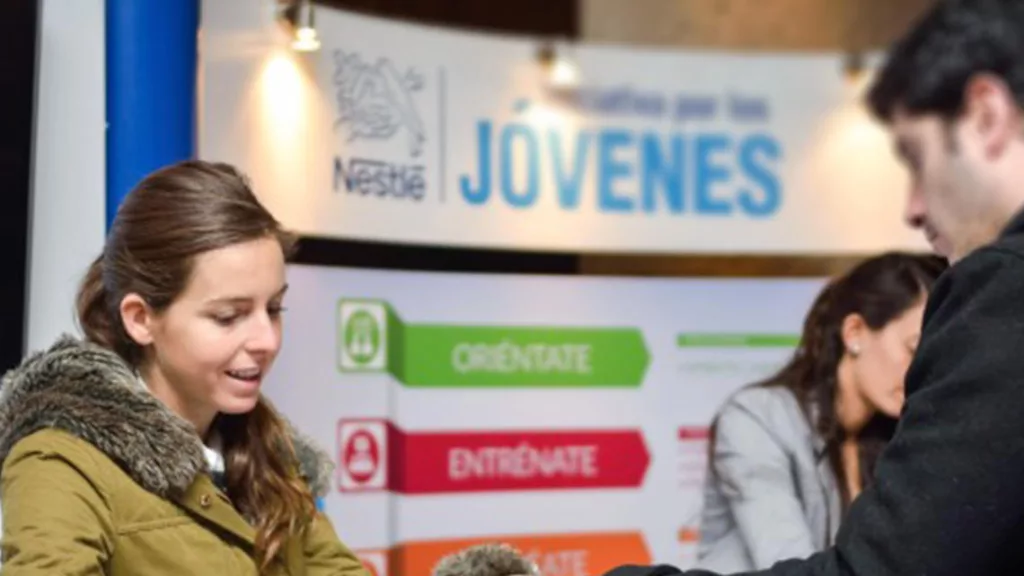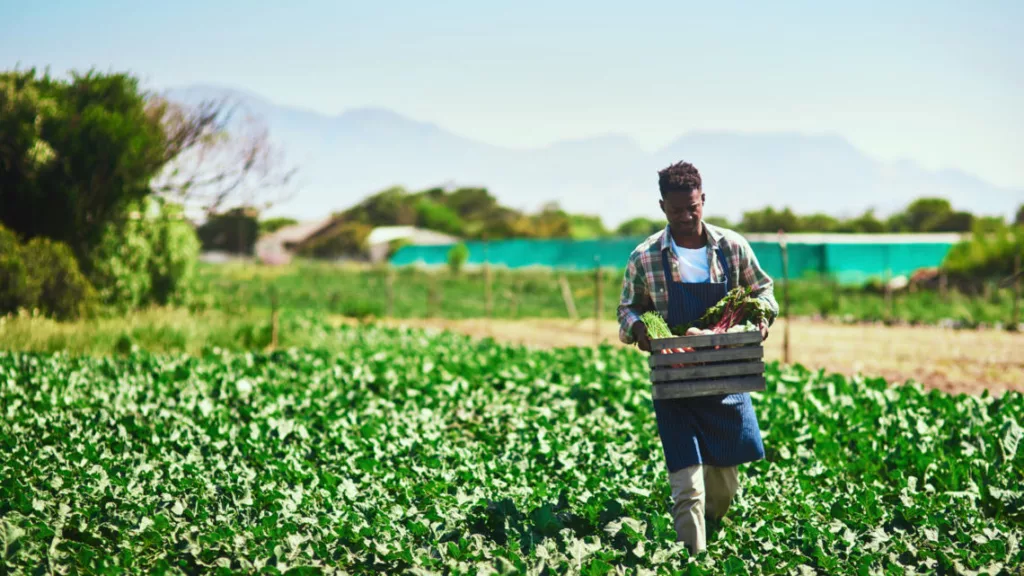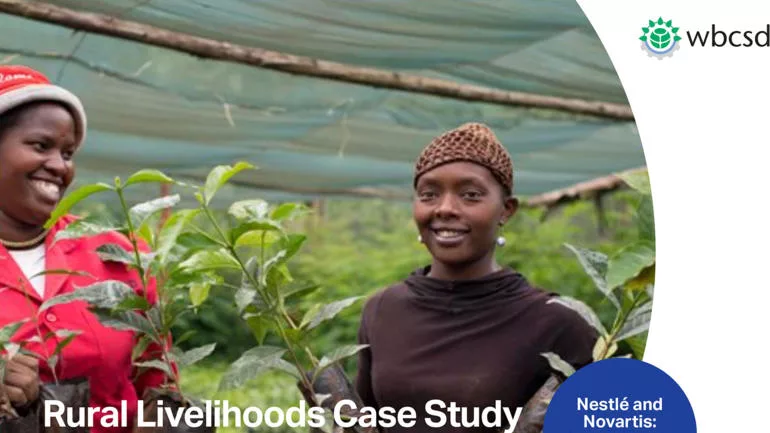This impact story is part of a series featuring companies that are members of OP2B, an initiative of WBCSD. Through these stories, we aim to showcase our members’ commitment to driving the transition to regenerative agricultural practices, the impact on farmers and the role OP2B plays in supporting this transformation.
Nestlé: 50% of all sourcing from regenerative agricultural practices by 2030
Nestlé, a One Planet Business for Biodiversity (OP2B) and the World Business Council for Sustainable Development (WBCSD) member, is making significant strides toward regenerative and sustainable agriculture, as highlighted by Pascal Chapot, Global Head of Sustainable Agriculture Development at Nestlé. Chapot outlines the company’s commitment to a sustainable future, emphasizing Nestlé’s active involvement in OP2B.
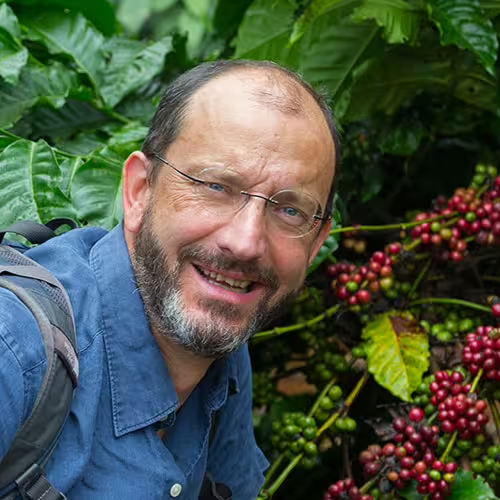
Commitment to regenerative agriculture
Nestlé’s adoption of regenerative agriculture is a crucial element of its climate roadmap aimed at reducing its carbon footprint by transforming agricultural practices. This commitment was made alongside our climate roadmap three years ago, including the adoption of regenerative agricultural practices seen as a critical lever to improve our climate impact and reduce Nestlé’s carbon footprint.
– Pascal Chapot, Global Head of Sustainable Agriculture Development at Nestlé
The company has set ambitious targets, including 20% of its ingredients to come from farms implementing regenerative agricultural practices by 2025, increasing to 50% by 2030. These targets are supported by a CHF 1.2 billion financial commitment over five years (2020-2025) providing farmers with the necessary resources to adopt sustainable practices. Regenerative agriculture supports soil health, biodiversity and water management and places farmers at the center of the process as part of a just transition. As Chapot says, “If farmers do not benefit, nothing will happen.”
Transforming Vietnamese coffee farming
Vietnam, a significant producer of robusta coffee, presents a unique challenge due to its numerous small-scale farms. Despite these size constraints, Vietnamese farmers have been able to maintain high yields, making coffee farming a profitable and sustainable activity using these practices.
Vietnam is of paramount importance because large quantities of robusta coffee are frown there. Local coffee producers introduced sustainable farming techniques, such as agroforestry, which integrates coffee cultivation with other crops to enhance biodiversity and improve soil health with support of Nestlé through its Nescafé Plan. The project provides farmers with training, distributes high-yield, disease-resistant coffee varieties and introduces methods like crop diversification and improved water management.
Farmers who once relied on traditional methods now benefit from comprehensive training programs. Phạm Thị Liên, a farmer from Đắk Lắk who joined the project in 2015, describes the transformation: “Before joining, I used traditional farming methods for coffee and pepper, which did not yield good results. After attending training, my coffee yield increased from 2 to nearly 3 tons per hectare. This increase in productivity has allowed my family’s income to grow, enabling my child to attend university in Da Nang.”
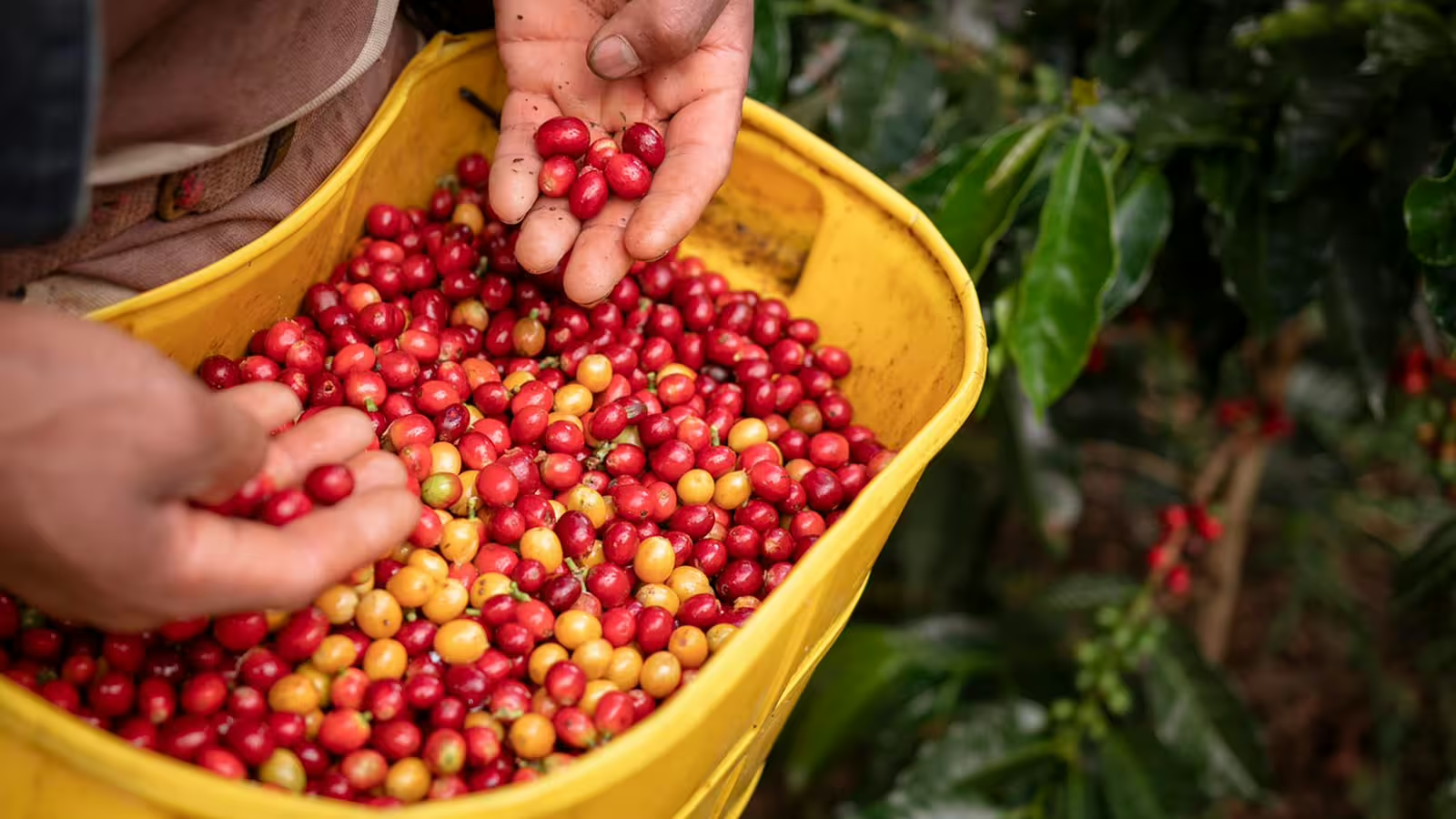
Another farmer, Trần Thì Liết, also from Đắk Lắk, shares a similar experience: “Since joining the program in 2016, I’ve learned techniques for managing fertilizers, controlling weeds, and measuring water usage with a milk can. Our yields have improved significantly and we’ve been able to intercrop with pepper, increasing our income. The program has brought positive changes not only to my family but also to our community.”
The Nescafé Plan’s emphasis on water management is another success. Farmers have adopted new techniques, such as using milk cans to measure water usage, optimizing irrigation and reducing costs. Nguyễn Thái Hoàng, a relatively new participant in the program, shares his experience: “The training taught me better ways to fertilize, prune, and manage weeds without chemicals. This has not only saved water but also reduced costs. My coffee plants are now healthier and more productive.”
The program’s impact extends beyond higher yields. The approach resulted in a 40% reduction in water consumption and a 20% decrease in the use of chemical fertilizers, while farmers’ incomes have increased by as much as 100%.
OP2B and Nestlé: collaborating for global impact
Nestlé has been part of the OP2B coalition since its inception five years ago, driving systemic changes in global agricultural practices. Through our collaboration with OP2B and other platforms like SAI Platform, we are working to ensure that regenerative practices are not only adopted by Nestlé but also by a wide range of stakeholders across the food industry.
– Pascal Chapot, Global Head of Sustainable Agriculture Development at Nestlé
This collective approach helps tackle global agricultural challenges. “Scaling up will take different forms depending on local production systems and the specific challenges of each region,” Chapot adds.
Regenerative agriculture is a critical solution to transform the way we produce food, feed and fiber, benefiting the climate, nature and people. Over the next years, the OP2B coalition will focus on unlocking three strategic key levers for to scale up regenerative agriculture: harmonizing measurement, fostering collaborations to support farmers’ transition, advocating for supportive policies to create an enabling environment.
Outline
